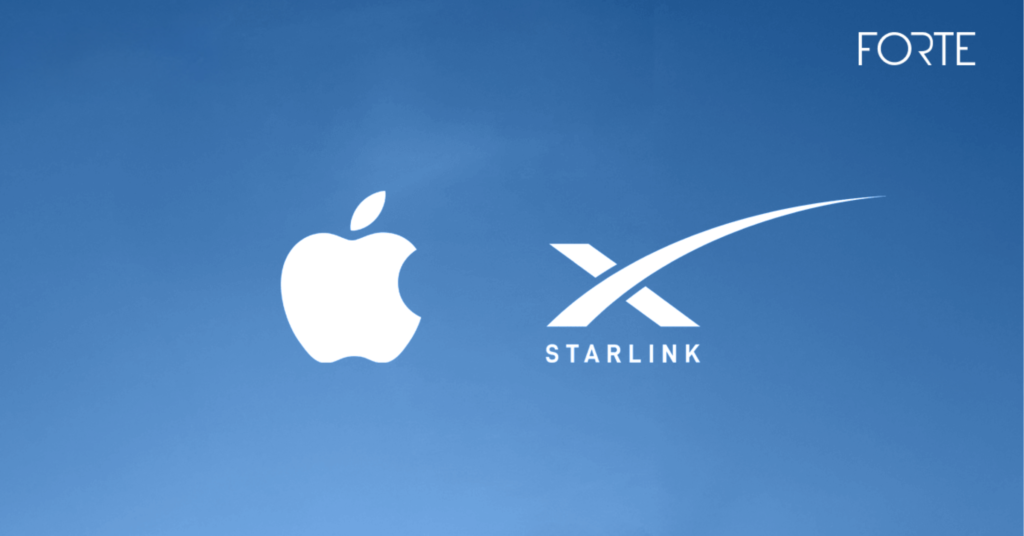Every day, I am asked and challenged to answer what a Firewall is, why I should have a Firewall in my company, or even what the risks are if I do not make this investment.
The technological cultural deficit and information security
Each company has its own culture and, with it, its own risk appetite. In Brazil, we face a problem that I call “Technological cultural deficit”. Although we have access to technology and purchasing power, the lack of awareness about the need for information yet prevents the strategic use of these resources. Consequently, Many companies neglect essential security measures.
How does a Firewall protect your company?
Simply put, a Firewall is a network security solution that acts as a barrier between a company's internal network and the internet. In this way, It filters traffic, preventing malicious threats and ensuring data privacy and integrity. Furthermore, It contributes to a safer digital environment by minimizing vulnerabilities.
Top 5 Features of a Firewall
1. Access Control
Firewall allows or denies data traffic based on predefined rules. Like this, Only authorized users have access to the network, significantly reducing the risk of intrusion.
2. Packet Inspection
Every data packet that enters and leaves the network is analyzed to verify that it meets security rules. Therefore, Firewall blocks threats like malware and ransomware before may cause damage.
3. Content and Application Filtering
Firewall can block specific websites, emails, and applications such as Torrent and unauthorized VPNs. Therefore, It keeps the network more stable, increases employee productivity and reduces distractions.
4. VPN and Secure Remote Connections
With the popularization of hybrid work, the Firewall allows secure connections via VPN. That way, employees can access systems remotely without compromising data security.
5. Intelligent Monitoring and Reporting
The Firewall generates detailed reports on data traffic. Therefore, the company can identify threats in real time and make strategic decisions to strengthen its digital security.
Why is a Firewall essential for your company?
The increase in cyber threats requires companies to adopt efficient security measures. That's why, A Firewall protects against attacks such as viruses, phishing, DDoS and unauthorized access. What is more, It ensures data integrity and reduces vulnerabilities.
Information security and legal compliance
THE General Data Protection Law (LGPD) requires companies to adopt measures to protect the personal data of customers and employees. Otherwise, companies may face sanctions of up to 50 million reais. Therefore, investing in digital security is more than a necessity—is a legal obligation.
Firewall and productivity: a direct impact on business
Good access control prevents distractions, reduces the risk of information leaks and improves productivity. Furthermore, Maintaining network security prevents operational downtime and protects business continuity. This means that the company becomes more efficient, productive and safe.
Conclusion:
In an increasingly digital and connected world, information security is essential. Therefore, A well-configured Firewall protects the company against threats and ensures data integrity.
Count on Forte Security to implement the ideal Firewall solution for your business.
Remember: a disconnected company does not produce or sell!
Read also:
The risks of unmonitored networks
Integrated connectivity and security for businesses
#Firewall #Productivity #Cybersecurity #LGPD #IA



